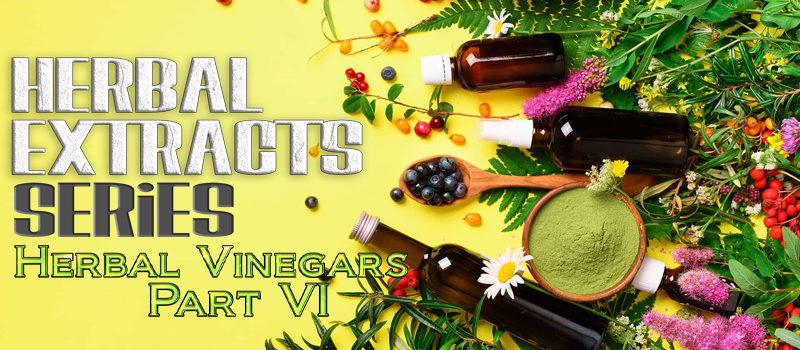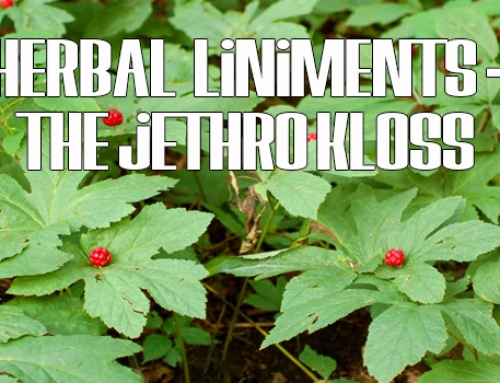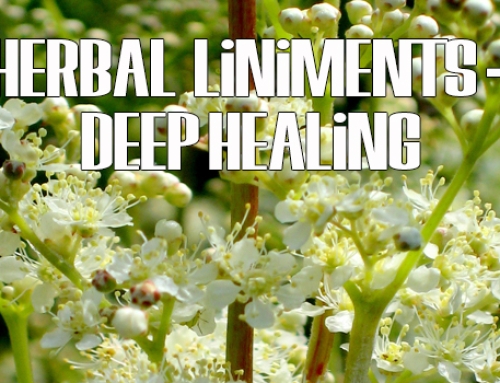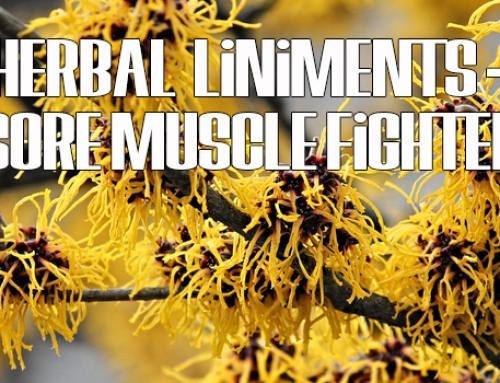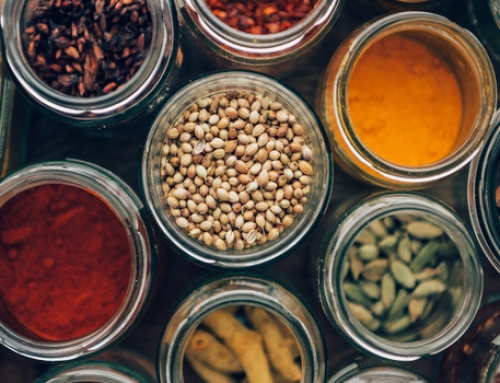What on earth are herbal extracts?
There are certain health promoting compounds that can be found in the plants around us, whether they be wild or cultivated. Herbal extraction is the process of drawing out the therapeutic components of a chosen herb or plant. In many cases, the beneficial compounds we want are tucked away within fibrous material of the plant that is challenging for our digestive systems to fully break down. You can use herbal extracts to help solve this problem by increasing bio-availability.
Each extraction can be singular (one plant or herb and concentrated compound) or there can be a combination of herbs together for a larger desired effect, but most of the time you will see these in a liquid based form ready to be ingested.
The liquid used to extract an herb is called a solvent or the carrier, or in traditional herbal language the menstrum. it is the means by which the wanted compounds can be best introduced to your bodily systems. Common solvents are water, alcohol, vinegar, and glycerin. Each solvent has specific things it’s good . . . and not so good . . . at drawing out, so you use different ones based on the type of herb you’re working with, and the desired effect you want have.
We’ll start with the most known type of extraction . . .
Herbal Vinegars
You can infuse your choice of vinegar with the culinary herbs that can give what you are cooking on the regular that added zing and zest. For those food recipes that call for a vinegar you can have basil, rosemary, or thyme as an added benefit to the family’s discerning dining palate. Vinegar does an amazing job at helping herbs release minerals and beneficial constituents such as alkaloids. (Apple cider vinegar in particular) They have a relatively long shelf life, usually lasting at least six months.
What Types Of Vinegar Can I Use?
- Apple Cider Vinegar: it’s made from apple cider, is a good match for strongly flavored herbs and spices. I recommend using a good organic brand like Bragg’s with “the mother”
- White Wine Vinegar: White wine vinegar are great for culinary herbs like dill, basil, tarragon, chervil, and lemon balm.
- Red Wine Vinegar: Red wine vinegar is rich in flavor and pairs well with more savory herbs like sage, thyme, parsley.
- Champagne Vinegar: champagne vinegar is great for softer and floral herbs like dandelion or lavender.
- Rice Vinegar: rice vinegar or “rice wine vinegar” is sweet and mild and good for delicate herbs and spices.
- Balsamic Vinegar: balsamic vinegar is one of my favorite and great for making salad dressings, marinades, and glazes. A good choice of herbs is thyme and rosemary.
- White Vinegar: white vinegar is also an option but some people find it to be a bit harsh.
One industrious person could also bring into the mix here the more medicinal herbs that can give additional benefits than just to the taste buds. Here are some of my favorite medicinal herbs to infuse into a variety of vinegars:
- Hawthorn
- Rose
- Dandelion
- Horsetail
- Willow
- Elderberry and flower
- Wild Oregano
- Schisandra
- Yarrow
- Calendula
- Any digestive herb or combination of herbs including cardamom, fennel, catnip, lemon balm, chamomile, etc.
Some great nutritive herbs are:
- Alfalfa
- Nettles
- Raspberry Leaf
- Dandelion
- Oatstraw
Nutritive and medicinal herbs are packed full of vitamins and minerals and vinegars made with these herbs are great way to get their nutritive properties. Most of these are mild in flavor, which make them easy to substitute in salad dressings and other recipes.
One herbal vinegar I would like to highlight in particular, is Fire Cider, revered by herbalists for its ability to support the immune system and ease cold and flu symptoms if they occur. It’s a spicy, delicious apple cider vinegar infusion that contains powerful anti-inflammatory, immune-supporting, lymph moving, circulation stimulating, and digestion enhancing herbs. I make up a batch every fall for my family. Although my kids don’t generally gravitate toward spicy foods, they really love this stuff.
VERY IMPORTANT: do not use a metal lid for vinegars or at least make sure the vinegar never touches the metal, as it will corrode the metal and ruin your vinegar. Use a plastic, glass or rubber lid. If you are using a jar that has a metal lid, first cover the jar with plastic wrap or parchment paper before placing the lid. This will prevent the vinegar from touching the metal. For decorative containers, make sure they have non-metal lids.
Quick note: If you add honey to your Fire Cider, it’s an oxymel, which we’ll dive into later in this article.
Herbal vinegar recipes to try:
In this series you will be able to see and gain recipes for your home apothecary remedies that will become the mainstay in your household. Here’s what you can see and learn more of:
- Teas – Infusions and Decoctions
- Tinctures
- Glycerite
- Herbal Syrups
- Herbal Oils & Salves
- Herbal Vinegars
- Herbal Honeys
- Oxymels
- Distillations
- Elixirs
- Electuaries
- Herbal Soaks
- Compresses & Poultices
- Liniments
Come and join us in bringing back the knowledge known by our ancestors and practiced for the health and benefit of those that came before us!

